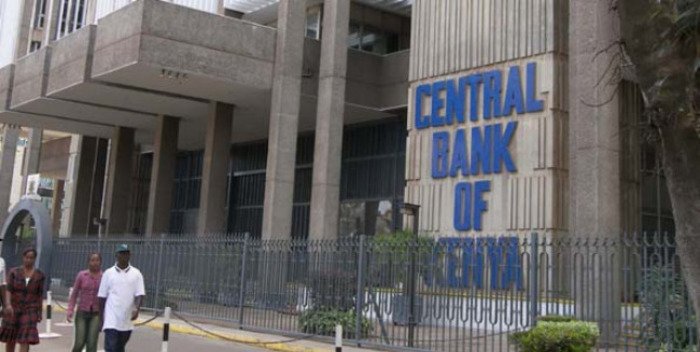Kenya's central bank kept its Central Bank Rate steady at 9.0 percent and reiterated its view from November that inflation expectations remain well anchored and the economy is operating close to its potential.
The Central Bank of Kenya (CBK), which cut its rate twice last year by a total of 100 basis points, added this month's MPC private market survey also showed that near-term inflation expectations were lowered due to expected lower prices of food, fuel and electricity.
The survey also revealed increased optimism of stronger growth this year than in 2018 due to a better investment climate, continued infrastructure development and implementation of President Uhuru Kenyatta's Big 4 projects to improve manufacturing, universal healthcare, affordable housing and food security.
However, optimism was tempered by slow growth in private sector credit and concerns over slower global growth this year, CBK said.
In the 12 months to December, private sector credit grew 2.4 percent, down from 3.0 percent in November, and CBK expects credit growth to strengthen this year.
In September 2016 Kenya's government imposed a cap on bank's interest rates, despite objections by the International Monetary Fund and commercial banks, arguing lenders were not passing on low interest rates to borrowers.
Earlier this month a lawmaker proposed raising this cap to 6 percentage points above the CBK rate from the current 4 points. In June 2018 lawmakers blocked the finance minister's attempt to repeal the cap, which he said had led to lower credit growth.
After slowing in 2017, Kenya's economy expanded strongly last year, with gross domestic product up an annual 6.0 percent in the third quarter, compared with 4.7 percent in the same 2017 quarter, and CBK said strong growth had continued in the fourth quarter.
"Growth is expected to remain strong in 2019, supported by agricultural production, a stable macroeconomic environment, and continued improvement in the business environment," CBK said.
Kenya's inflation rate has been stable within the central bank's target range of 5.0 percent, plus/minus 2.5 percentage points, in recent months and is expected to decline in the near term due to lower oil prices, stable food prices and expectations of lower electricity prices.
Headline inflation rose to 5.71 percent in December from 5.58 percent in November.
After falling sharply last October and November following a report by the IMF that said Kenya's shilling was overvalued, the shilling has bounced back strongly and was trading at 100.73 to the U.S. dollar today, up 1.13 percent this year.
CBK's governor, Patrick Njoroge, who worked at the IMF before becoming governor in 2015, dismissed the IMF's findings, saying it had used an inappropriate method for assessing the value of the shilling and the central bank lets financial markets drive the price of the currency and only intervenes to minimize volatility.







































